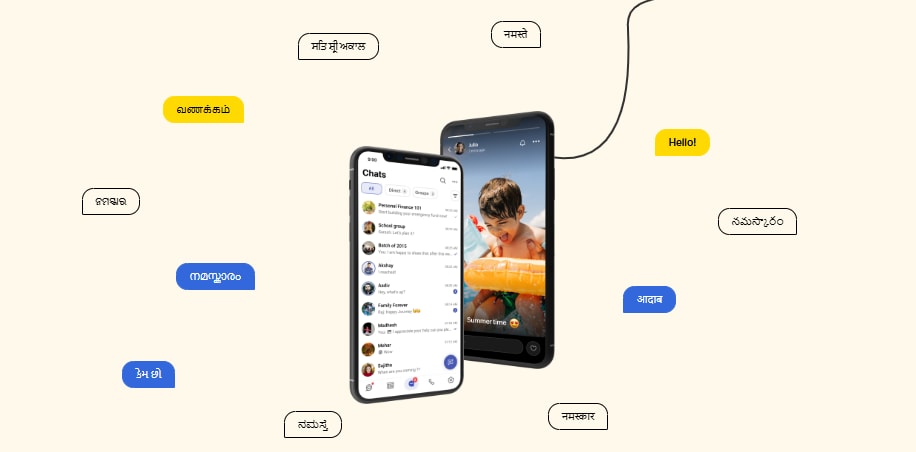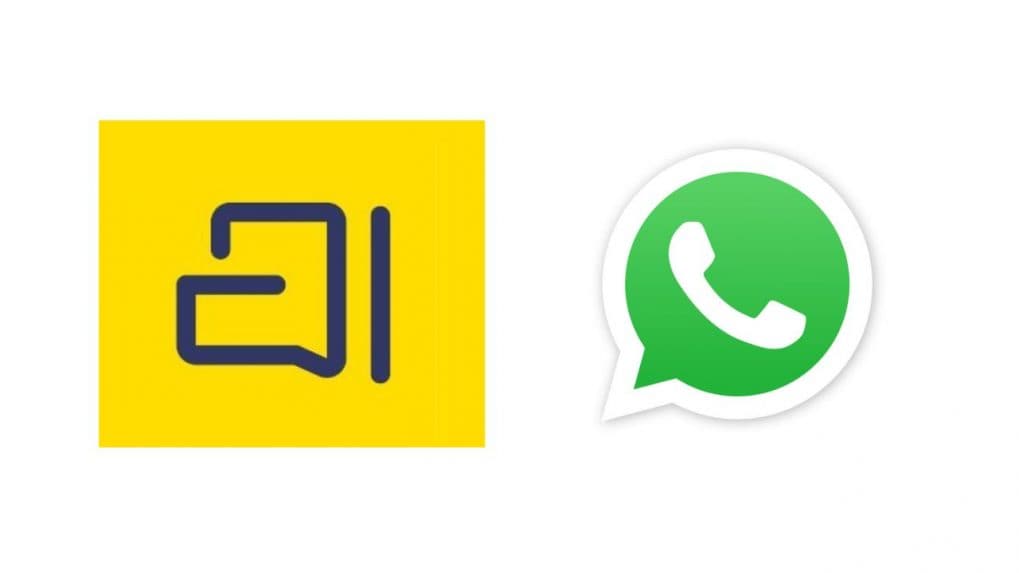Zoho's Arattai: 'WhatsApp killer' or another Koo in the making?
The homegrown messaging app, Arattai, is riding Zoho’s credibility and privacy-first positioning, but without end-to-end encryption by default and in a market dominated by entrenched giants, the climb looks steep.
ADVERTISEMENT
When Chennai-headquartered Zoho Corporation quietly launched its messaging app Arattai, it was pitched as a homegrown, privacy-first alternative to WhatsApp.
The timing seemed right.
India, with over 500 million WhatsApp users, is a nation heavily dependent on Meta-owned messaging for everything from family chatter to business transactions. At the same time, concerns around data privacy and sovereignty are rising, amplified by the government’s Digital Personal Data Protection Act, 2023.
Read more: ‘Spicy Mode’ sparks brand safety crisis: Why X risks a mass exodus of advertiser dollars
Read more: Arattai App: All you need to know about Zoho’s made-in-India "WhatsApp killer"
But the question persists: Can Arattai really unseat or even dent WhatsApp’s dominance- or will it go the way of Koo, India’s much-hyped Twitter clone that fizzled out after an initial burst of patriotic adoption?
The Network Effect Problem
For many observers, the specter of Koo looms large. Launched as India’s alternative to Twitter, Koo experienced rapid growth in 2021-22 amid calls for a domestic social media ecosystem. However, the platform failed to retain users once the initial wave of downloads ebbed. By 2024, despite multiple pivots and funding rounds, it was forced to scale back operations and lay off large chunks of its workforce.

Messaging apps face an even bigger challenge.
Unlike social networks where multiple platforms can coexist, messaging thrives on habit and network effects: people go where their friends, families, and work groups already are.
As Dinesh Jotwani, Co-Managing Partner at Jotwani Associates, explains, “India’s messaging app ecosystem is highly competitive, with WhatsApp, Telegram, and Signal dominating user attention.
For any new entrant, overcoming this lock-in is the biggest hurdle. Arattai, despite Zoho’s strong backing, faces the same structural challenge that sank Koo- building and retaining critical mass without distinct differentiation.”
The Encryption Gap
While Arattai markets itself as a secure, privacy-first alternative, experts point to a glaring flaw: the app does not yet offer end-to-end encryption (E2EE) by default for text chats.
This omission is significant.
Read more: Short-video platforms' adex to surge by 30%; advertisers split over homegrown apps' effectiveness
Read more: Arattai app: How to download and use India’s homegrown WhatsApp rival
WhatsApp and Signal have normalized E2EE across chats, calls, and videos. Even Telegram, though criticized for not defaulting to E2EE in all interactions, offers it in “secret chats.”
Rajeev Singh, Managing Director, BenQ India and South Asia, warns that the absence could dent user trust: “Security and trust are paramount. Arattai’s India-based infrastructure and no-data-monetization policy are positives, but the lack of default E2EE is a major gap.
Today’s users see encryption as a non-negotiable standard. Without it, Arattai risks being seen as promising privacy without delivering global benchmarks.”
Read more: Advertising's identity crisis: Comedy agencies, meme metrics and the death of brand memory
Echoing this, Nihar Kolapkar, Co-founder at Wit & Chai Group, says, “For digital-first users, not having E2EE by default feels like a compromise. And trust is what keeps people active and engaged. Without it, you won’t get communities forming, people forwarding content, or brands seeing meaningful engagement.”
Zoho’s Ace: Ecosystem and Credibility
Despite these concerns, Arattai isn’t just “another patriotic app.”
Zoho has global credibility- its enterprise software is used by over 100 million users worldwide, including in the U.S. and Europe. Unlike startups that rise and flame out, Zoho has a proven track record of building and sustaining products at scale without external funding.
Shlok Hari, Media Director at SW Network – Growth Labs, points out, “Zoho’s entry into consumer apps, including Arattai and its new browser, is part of a deliberate push toward digital self-reliance.
Read more: Zoho’s Arattai app sees daily sign-ups soar 100x in three days
Its reputation for data stewardship and refusal to monetize through ads gives it a credibility advantage. But success in messaging depends on user experience and network effects. Unless Arattai can match WhatsApp on daily utility, people won’t shift even if they trust Zoho more.”
Zoho may also play to its strengths by integrating Arattai with its enterprise suite- from Zoho Mail and CRM to productivity tools- creating a natural user base among small and medium businesses in India.
For Advertisers
If Arattai succeeds in scaling, it could open new doors for advertisers.
India’s tier-2 and tier-3 markets, with their vernacular needs and cultural nuances, present untapped opportunities for messaging-driven engagement.
Vinti Jain, CEO & Co-founder of Vin Media, believes advertising could become a differentiator, if done right, “Arattai’s growth presents an opportunity to build an advertising model around trust, not intrusion. If it can balance user privacy with brand engagement, it could create a new benchmark for how ads show up on messaging platforms.”
But the tension is real.
Read more: The great Adland shuffle: Who will lead Indian advertising’s next era?
Aggressive data-driven advertising would directly undermine Arattai’s privacy promise. Experts suggest opt-in business communication tools, contextual ads, or subscription-based models as potential revenue avenues.
Kolapkar adds, “Messaging apps are intimate spaces. People don’t want to be bombarded with ads. But if Arattai enables verified communities, useful integrations, and opt-in brand experiences, it could unlock powerful, non-intrusive engagement.”
The Conclusion
While Arattai may gain traction in India, scaling globally is another matter. Complying with international frameworks like the EU’s GDPR or U.S. data regulations would pose challenges.
As Jotwani cautions, “Arattai can scale domestically on data localization and sovereignty concerns, but international legitimacy requires meeting stringent global standards. Without this, it risks remaining an India-only story.”
Read more: Who is Sridhar Vembu? The man behind Zoho and India’s viral messaging app Arattai
Read more: What is Arattai? Zoho's messenger app that competes with WhatsApp
Aryan Anurag, Co-Founder at Binge Labs, also emphasizes purpose beyond sentiment, “Sentiment-driven adoption won’t last. Arattai must build a clear purpose and product differentiation- whether through privacy, local experiences, or Zoho ecosystem integrations. That’s the only way to scale meaningfully.”
So where does Arattai stand today? It has momentum, a strong backer, and rising downloads. But downloads are not daily users, and retention is the real battle. Without default encryption, users may hesitate to fully trust it.
Without solving distinctly Indian problems: like lighter data consumption, better vernacular support, and smart integrations- it may struggle to break WhatsApp’s stranglehold on daily communication.
Still, many believe Arattai represents a serious attempt at digital self-reliance, not just a fleeting “made-in-India” experiment.


